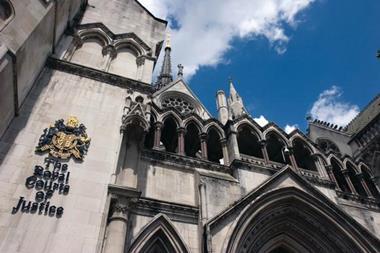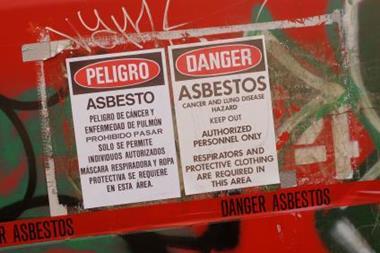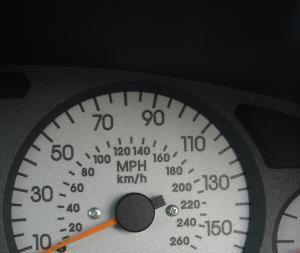Royal & Sun Alliance’s settlement with GM ends four years of bitter legal battles
After years of battling over who should pay for an estimated $1bn in asbestos liabilities General Motors (GM) has finally reached an agreement with Royal & Sun Alliance (RSA). The deal preceded a huge second quarter net loss recorded by the car giant.
The bitter four-year legal fight proves how hard insurers are willing to fight against long tail claims. At one time it was probably feared the suit would open the floodgates for a series of asbestos insurance litigants.
The dispute started in 2004 when GM approached Royal Indemnity Company (RIC), a subsidiary of RSA Group, claiming that it was covered for compensation claims from workers who suffered asbestos-related injuries.
In January 2005 GM filed a lawsuit against RSA alleging the insurer withheld payment on the claims. On news of the suit RSA reciprocated by filing its own action in the US declaring that it was not liable to defend or indemnity GM for the alleged claims.
GMs' motion ordered RIC to begin immediate payment of the costs of defending GM in numerous claims under policies sold prior to 1972.
The fight turned personal when GM raised more problems for RSA over its attempts to sell off its beleaguered US operation. The transaction was stalled when a group of companies, including GM, raised objections and said the insurer should realise outstanding claims, worth in excess of $2bn, before selling off its US arm.
The car giant won breathing space in October 2005 when it reached an agreement with Equitas, the Lloyd’s run-off vehicle, for coverage of asbestos liabilities dating back to the 1950s. But the battle with RSA, GMs’ primary insurer, raged on.
Things started to look up for the insurer in January 2007 when regulators approved the sale—RIC was sold to Arrowpoint Capital—and a Michigan Court threw out GMs' claim over the asbestos liabilities.
Not to be defeated, GM subsequently brought the suit into British courts and appealed against the outcome of the US hearing. Reports of the recent settlement claimed it was taken in an attempt to stop legal bills escalating further.
The undisclosed settlement makes it hard to tell which party came out on top. But considering the wider problems facing US carmakers and the $15.5bn loss GM posted this quarter, it seems likely that one party more than the other was eager to draw a line under the saga.

















